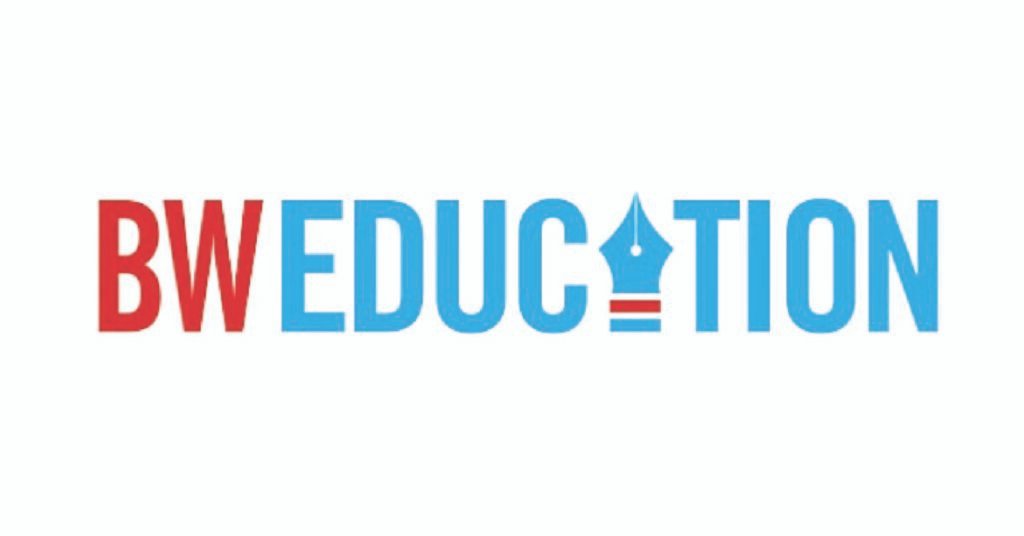The Following Article was featured in Business World Publication under it’s Education Section
In 2024, STEM education will be at the forefront of a sector-wide education transformation.
The impact of Science, technology, engineering and mathematics, STEM, is shaping the way we learn and educate in the 2023 evolving educational landscape. The shift is not only about academics but the paradigm shift that will get pupils ready for a swiftly changing future.
Cultivating critical thinking and problem-solving skills
STEM education urges students to tackle complicated issues and think critically about the problem. Students learn, comprehend and solve problems in real-world contexts with the assistance of participating in practical exercises, experiments and projects. By 2023, this strategy will have produced a generation of proactive learners capable of overcoming the obstacles of a technologically advanced, fast-paced society.
Interdisciplinary learning for a holistic understanding
The multidisciplinary character of STEM education is one of its distinguishing features. Students are not restricted to the typical academic limits in 2023. Rather, they are pushed to engage in initiatives that combine mathematics, physics, technology and engineering. This methodology reflects the interdependence of real-world problems, equipping students to address intricate problems that need comprehensive comprehension.
Fostering innovation and entrepreneurship
Students receiving STEM education are better equipped to move ahead in the direction of becoming entrepreneurs and inventors. Students in 2023 are challenged to think beyond the box through group projects and exposure to cutting-edge technology. Youth obtain the capacity to spot possibilities, take measured risks and come up with ideas that solve issues in the real world as a result, which encourages a sense of ownership in them.
Adaptability in the face of technological advancements:
The requirement for students to be adaptive to the realities of swift technology changes is being recognised by the education industry in 2023. In addition to providing students with up-to-date knowledge, STEM education fosters a mindset that values lifelong learning. Pupils are provided with skills to gain knowledge, erase and regain; a skill that is essential for remaining current in a technology environment that is always evolving.
Bridging the gender gap in STEM
The year 2023 calls to close the gender disparity in STEM fields. Initiatives in STEM education aim to inspire young females to engage and succeed in sectors that have historically been dominated by men while still being inclusive. The education industry is striving towards a future where diversity is recognised in STEM-related professions by creating a welcoming and gender-neutral learning environment.
Integration of emerging technologies
The latest technologies are being used in STEM education, so in 2024 it will not just be about theories. Students are given practical experiences through the integration of virtual reality (VR), augmented reality (AR) and artificial intelligence (AI) into the curriculum. It also guarantees that learners are knowledgeable about the technology impacting the fields they will study.
Global collaboration through digital platforms
The digital revolution has made it easy to connect with the world. Collaboration between students, teachers and professionals from around the world is now easier. As a result, students can work on projects, exchange ideas and learn from a variety of viewpoints in 2024. Because of this interconnection, students are more prepared for a globalised workforce for which cross-border cooperation is common.
Addressing societal challenges
In 2024, solving societal issues will be a major focus of STEM education in addition to training students for prosperous employment. Pupils are urged to use their STEM skills to solve problems like resource scarcity, healthcare inequality and climate change in environmentally friendly ways. By encouraging students to make constructive contributions to both their communities and the wider world, this method fosters a feeling of social responsibility.
In 2024, STEM education will be at the forefront of a sector-wide education transformation. It influences outside of the classroom as well, molding a generation of students with the technical know-how but also the critical thinking, flexibility and innovative mentality required to prosper in the future’s complicated and rapidly evolving environment. By embracing the transformational potential of STEM, we create the groundwork for an educational ecosystem that is more flexible, welcoming and progressive.




